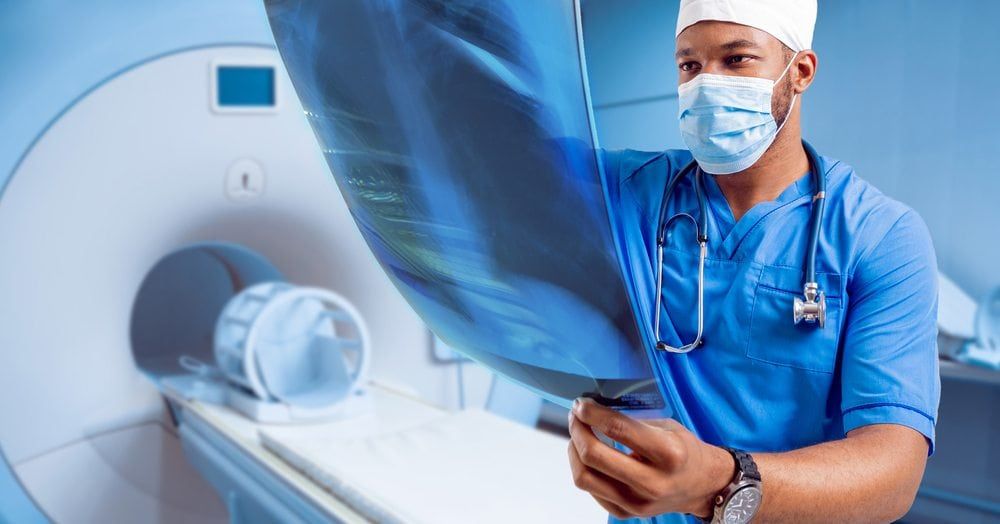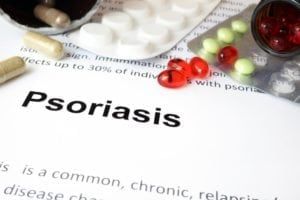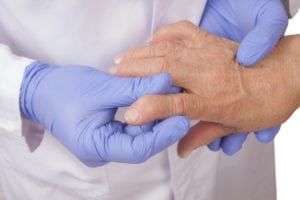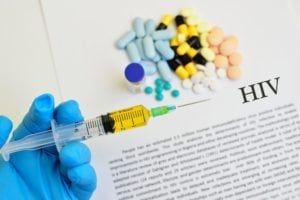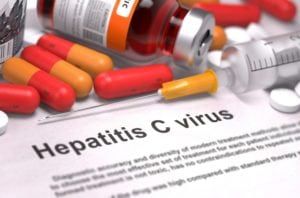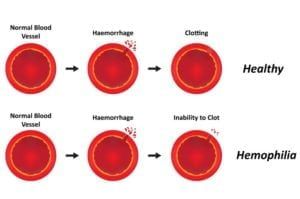Nearly 13 million people are diagnosed with cancer every year. Each faces a journey – some long and hard, and some short and simple. Nearly every cancer patient must begin some kind of treatment regimen, which usually includes the use of prescription medications. Most pharmaceutical companies manufacture drugs into mass-produced dosages. Cancer prescription compounding makes it possible for cancer patients to obtain their medications in easier-to-use dosages. In fact, some patients are able to compound multiple prescriptions into a single medication, which simplifies the treatment process and helps manage common side effects of cancer treatment, such as:
- Constipation
- Nausea
- Pain
- Dry Mouth
- Dry Skin
Did you know…
Frequently Asked QuestionsWhy should I use a cancer pharmacy? Aren’t other pharmacies just as effective?Cancer pharmacies cater to patients who are suffering from cancers of all types. If you are prescribed a cancer medication, you want to use a pharmacy that has your prescription on-hand. Many traditional pharmacies must special order certain types of medications or brands. What should I expect from a cancer pharmacy?A cancer pharmacy will not only have the prescriptions you need, but it will also provide you with specialized support throughout your treatment. Counseling is available to ensure you understand your medications, how they should be taken, and the types of substances that could negatively interact with them. Furthermore, your pharmacist can compound medications to fit your needs. Whether that means combining pain reliever into a skin cancer ointment, or compounding anti-nausea medication into a lozenge or lollipop, a cancer pharmacy should have everything you need to manage disease and the side effects of treatment. Will I need to tell my doctor that I am using a cancer pharmacy?Yes. Your pharmacy will work closely with your doctor to ensure you are getting the right dosages and mode of treatment. Your doctor will also need to know if prescription compounding is an option at your pharmacy, as this can simplify the way you take your medications. Related PostsContent Library |
